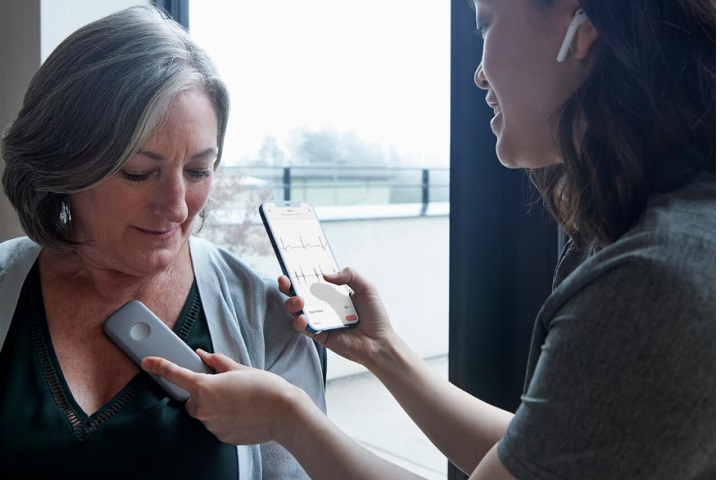Eko announced the launch of the SENSORA™ Cardiac Disease Detection Platform. SENSORA™ currently features AI which objectively identifies structural murmurs, a sign of valvular heart disease, and Care Pathway Analytics software that provides downstream visibility and metrics of the patient journey through the healthcare system.
SENSORA™ is a cardiovascular disease detection platform combining the latest advancements in applied machine learning with one of the most ubiquitous medical devices in the world: the stethoscope. By capturing and analysing heart sounds and electrical signals with its digital stethoscopes.
The FDA-cleared SENSORA™ structural murmur detection helps health systems more accurately and consistently identify valvular heart disease (VHD) in patients during a routine visit with the primary care physician. VHD is a life-threatening condition diagnosed in more than 8 million Americans. VHD, when left undetected and untreated, can lead to heart failure, stroke, blood clots, and death. Older adults have a 1 in 10 chance of developing clinically significant VHD. However, more than half (57%) of clinically significant valvular heart disease goes undetected in this population. A primary care physician using SENSORA™ for structural murmur detection more than doubles likelihood of detecting significant VHD.


















